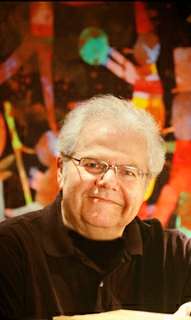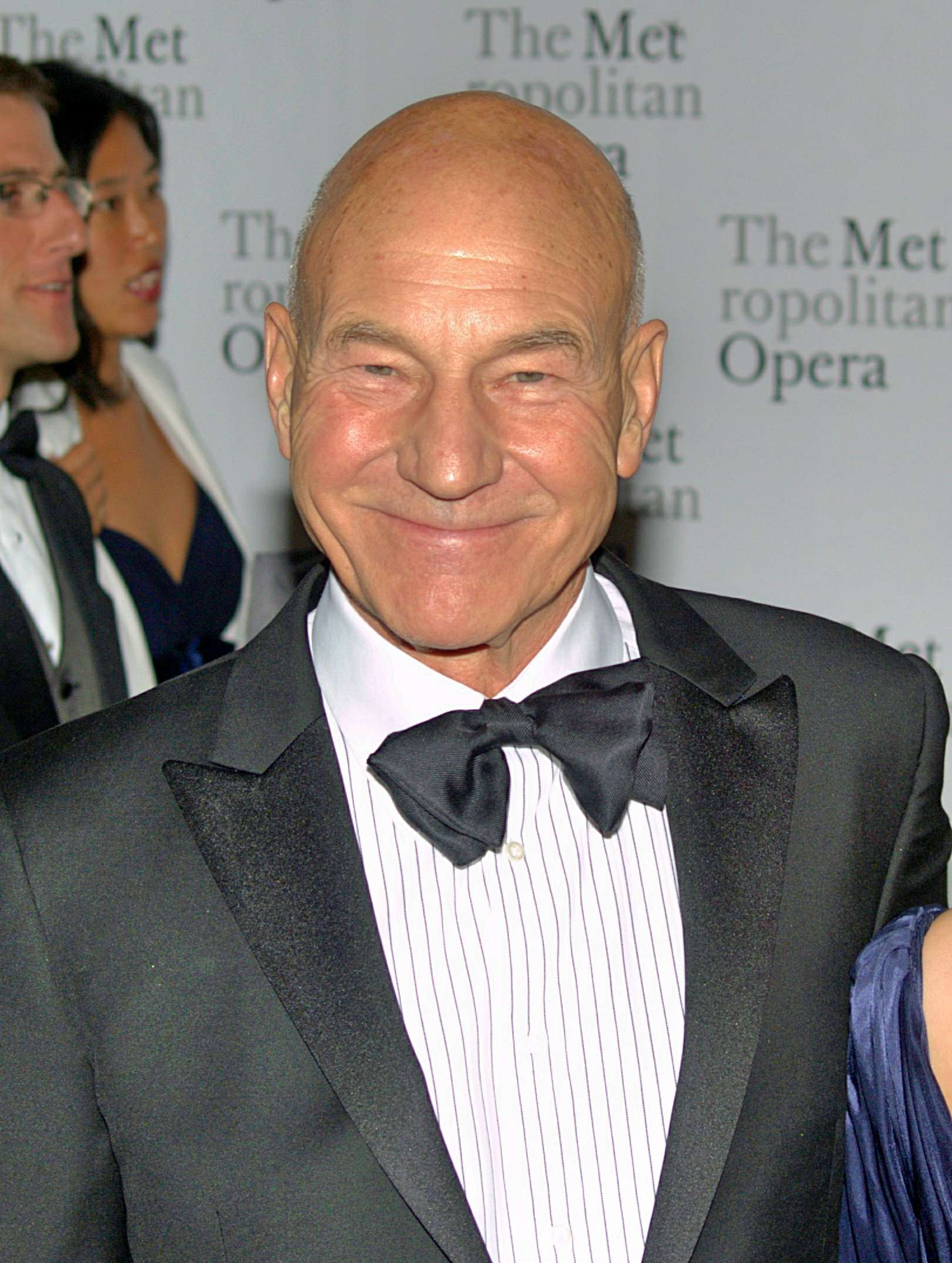|
Back
Break, break, break... New York
Kaufman Concert Hall, 92nd Street Y
09/30/2013 -
75th Anniversary of the Unterberg Poetry Center Premiere
Ludwig van Beethoven: Piano Sonata Number 8 in C minor, Opus 13 (“Pathétique”)
Richard Strauss: Enoch Arden, Opus 38
Patrick Stewart (Narrator), Emanuel Ax (Pianist)

E. Ax (© Maurice Jerry Beznos)
Emanuel Ax almost destroyed this singular performance of Richard Strauss’s “melodrama”, Enoch Arden, with his performance of Beethoven’s “Pathétique” Sonata.
Richard Strauss had written, early in his career, music to accompany a German translation of Tennyson’s dramatic poem. Then it was called a melodrama–a combination of melody with drama. Today, we would call it “incidental music”. Beethoven had written music with recitation for Egmont, Grieg had written the best incidental music with Peer Gynt, and later Prokofiev would compose the brilliant rare Eugene Onegin for narrator and full orchestra.
Strauss made an attempt, though less than one-third of the of the long poem was actually with music. Most was recited–and last night the eminent Sakespearean/Star Trekian Patrick Stewart was the star interlocutor, with Emanuel Ax on the piano.
All well and good. But the real music for Enoch Arden, the music which would have been played to accompany D. W. Griffith’s elegant 30-minute silent film of the poem, would have been Beethoven’s “Pathetique”. To those early piano-tinklers in the orchestra pit under the stage, virtually no original music was composed. Westerns would inevitably use William Tell and Suppe’s Poet and Peasant. Romances would use Tchaikovsky’s Romeo and Juliet. Mysteries would use part of Peer Gynt.
And sad dramatic stories like Enoch Arden might well have used parts of Beethoven’s early sonata.
When Mr. Ax stepped on stage to play the “Pathétique”, he was facing an audience which was waiting for the celebrated Mr. Stewart. (Yes, the applause between movements was indication of that.) But nothing stops Emanuel Ax from playing at his striking best. This was Sturm und Drang at its fiercest, the cascade of scales tumbling off Mr. Ax’s fingers like jewels, the stormy themes resounding through the auditorium, and the Andante cantabile with a picturesque simplicity.
Which meant, to those of us who had seen any of the silent films of Enoch Arden this could have been (and perhaps was) what the keyboard-player exactly one century ago, would have played to illustrate the silent film.

P.Stewart (© Shankbone)
Richard Strauss’s music, written as a favor for a stage-struck producer and never acknowledged by the composer until late in his career, was only fitfully inspired (mainly the opening music of the storm and the final emotional moments with Enoch’s death), yet Patrick Stewart was never anything but totally involved in Tennyson’s theatrical epic.
Mr. Stewart is not only a splendid narrator but a most versatile actor. He needed no high-pitched voice to imitate Annie: the nuances, the vibrato of his tones were enough. He needed no wavering in the pleadings of well-meaning Philip, since he brought both honesty and humility to his reading. Tennyson’s visions of the sea are amongst the most stormy of any 19th Century poet, and Patrick Stewart needed only words, no excess emotions to make the point.
As for poor Enoch himself, no matter the length of the poem, that finale, Stewart, Tennyson, Strauss and Ax came together for that oh so desolate climax as the eponymous sailor reveals himself.
“A footstep seem'd to fall beside her path,/Slowly and sadly Enoch answer'd her;/His head is low, and no man cares for him./‘I think I have not three days more to live; I am the man.'”
Strauss does have his tricks. That introduction, with all the Wagnerian rumblings, encloses parts of the Enoch theme. The wedding bells ring in the finale to the first part, but Tennyson’s line, “But never merrily beat Annie's heart”, is sad, lamenting. The leitmotifs of each character is transposed, Wagner style, with some great effect.
Had Strauss actually made a monodrama for the entire epic, the effect might have been like a symphonic poem (or like Prokofiev’s Eugene Onegin.) From last night’s performance, we heard and saw two master artists at work. Stewart and Ax performed the work with total commitment, and far more depth than its resources deserve.
Harry Rolnick
|